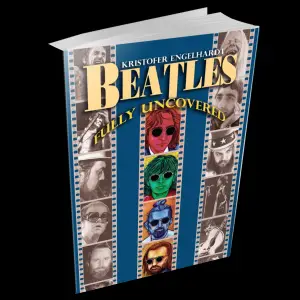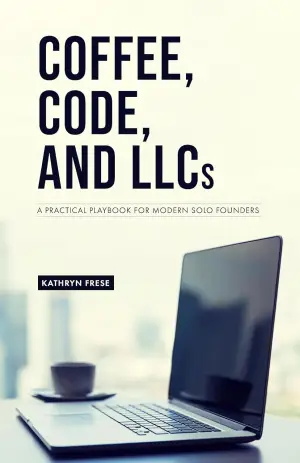Whispers of Nostalgia: A Review of The Black Bird Oracle (All Souls, #5)
When I saw that The Black Bird Oracle was finally released, I felt a flutter of excitement mixed with apprehension. Getting back into the world of the De Clermont-Bishops felt like reuniting with old friends after what seemed like an eternity. Deborah Harkness has a magical way of weaving intricate tales, but I found myself grappling with a few jarring shifts in the narrative and character dynamics this time around.
Returning to this beloved universe, I quickly realized that the characters we once knew so intimately have undergone some… significant changes. Matthew seems to have misplaced his fiery intensity, and Miriam, who carried such a potent aura of danger, appears to be playing a more subdued role. Meanwhile, Sarah, who once commanded respect, is oddly sidelined and treated unfairly. It’s as though the soulful connection that defined these characters has been disrupted, and instead, we find ourselves introduced to the Proctors, who, while charming, feel like newcomers in a story that should be all about the Bishops.
What’s particularly baffling is the inconsistency in the magic system that has always been a cornerstone of these books. Diana’s lineage has always been a critical part of her identity, inheriting timewalking from her father and higher magic from her mother, Rebecca. Yet in this installment, there’s a sense that her Proctor legacy has overshadowed her Bishop heritage. And then there’s the perplexing presence of Rebecca’s ghost haunting Ravenswood instead of her actual home—how can one not question this?
Diana, oh Diana, how I wish I could cheer for you instead of feeling disappointment. It’s disheartening to see a character, once brimming with agency and power, seemingly devolve into someone who neglects her magical responsibilities over a span of seven years. It’s as if she’s lost sight of the very justice she was meant to uphold. To make matters worse, she commits some unspeakable acts, leaving her relationships, particularly with Sarah—who has sacrificed so much—strained and unresolved. Why must her caretaker bear the brunt of Diana’s tumultuous decisions?
Harkness’s writing remains a high point, as her prose maintains a lyrical quality that draws you in, even amidst the narrative’s hiccups. The nostalgia of being back in this world has its charm, evoking a longing to revisit the earlier books that captured our hearts. There’s a certain elegance in her storytelling, even if the plot feels a bit recycled, rehashing familiar themes with the same cast.
Overall, I found The Black Bird Oracle to be a mixed bag—two stars for the wistful return to a beloved universe and the exquisite writing, but I can’t overlook the glaring inconsistencies and disappointment in character arcs. This book serves as a bridge into a new chapter of the saga, though it doesn’t quite land gracefully.
If you’re a die-hard fan of the All Souls universe, you might find merit in revisiting this iteration, even if it feels like you’re catching glimpses of characters you once adored through a foggy lens. Newcomers might want to dive into the original trilogy first to cherish the brilliance of Harkness’s creation before venturing into this evolving narrative. Perhaps I’ll take my own advice and indulge in some Baldwin fanfics or a reread—I could certainly use the infusion of magic that first captivated me.
Discover more about The Black Bird Oracle (All Souls, #5) on GoodReads >>






